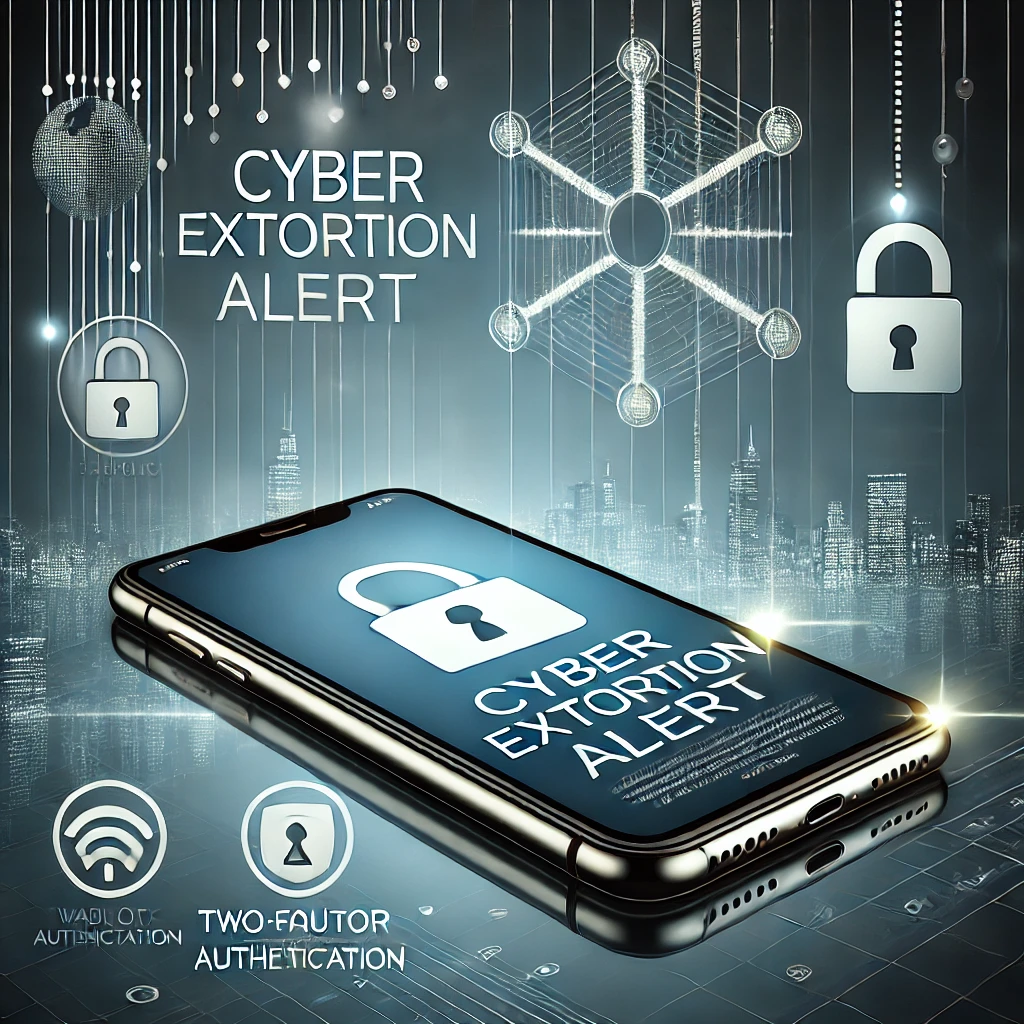
SAFEGUARDING PERSONAL DATA: ADJD’S ADVISORY ON CYBER EXTORTION RISKS
The Abu Dhabi Judicial Department (ADJD) has issued a timely
advisory highlighting the dangers of storing private media on smartphones and
the rising threat of cyber extortion. With the increasing integration of
smartphones into daily life for communication, personal storage, and financial
transactions, the advisory underscores the critical need for robust data
protection. Cyber extortion, wherein hackers gain unauthorized access to
sensitive information and threaten to expose it for ransom, has become a
prevalent risk in the digital age. Sophisticated cyberattacks, data breaches,
phishing, and malware are among the primary threats targeting users’ private
media and documents stored on devices.
To mitigate these risks, the ADJD has outlined essential protective
measures. Residents are encouraged to enable strong passwords and two-factor
authentication, avoid storing sensitive media on devices, and regularly update
software to counter vulnerabilities. Furthermore, caution when using public
Wi-Fi, verifying the source of apps and links, and opting for secure cloud
storage solutions are vital steps to enhance cybersecurity. These measures not
only protect personal data but also reduce the likelihood of falling victim to
phishing schemes and malware attacks.
The UAE’s stringent cybercrime laws provide robust legal frameworks
for addressing online threats. Victims of cyber extortion are urged to report
incidents promptly through official channels, including the Ministry of
Interior’s eCrime platform, ensuring swift action against perpetrators. The
ADJD’s advisory emphasizes the importance of public awareness, urging residents
to educate themselves and others about digital hygiene. Community-wide efforts,
such as cybersecurity workshops and awareness campaigns, can play a pivotal
role in fostering a culture of vigilance.
As technology continues to shape modern living, the ADJD’s call to
action serves as a crucial reminder of the importance of safeguarding personal
data. By adopting recommended precautions and staying informed, residents can
harness the benefits of technology without compromising their security or
privacy.
